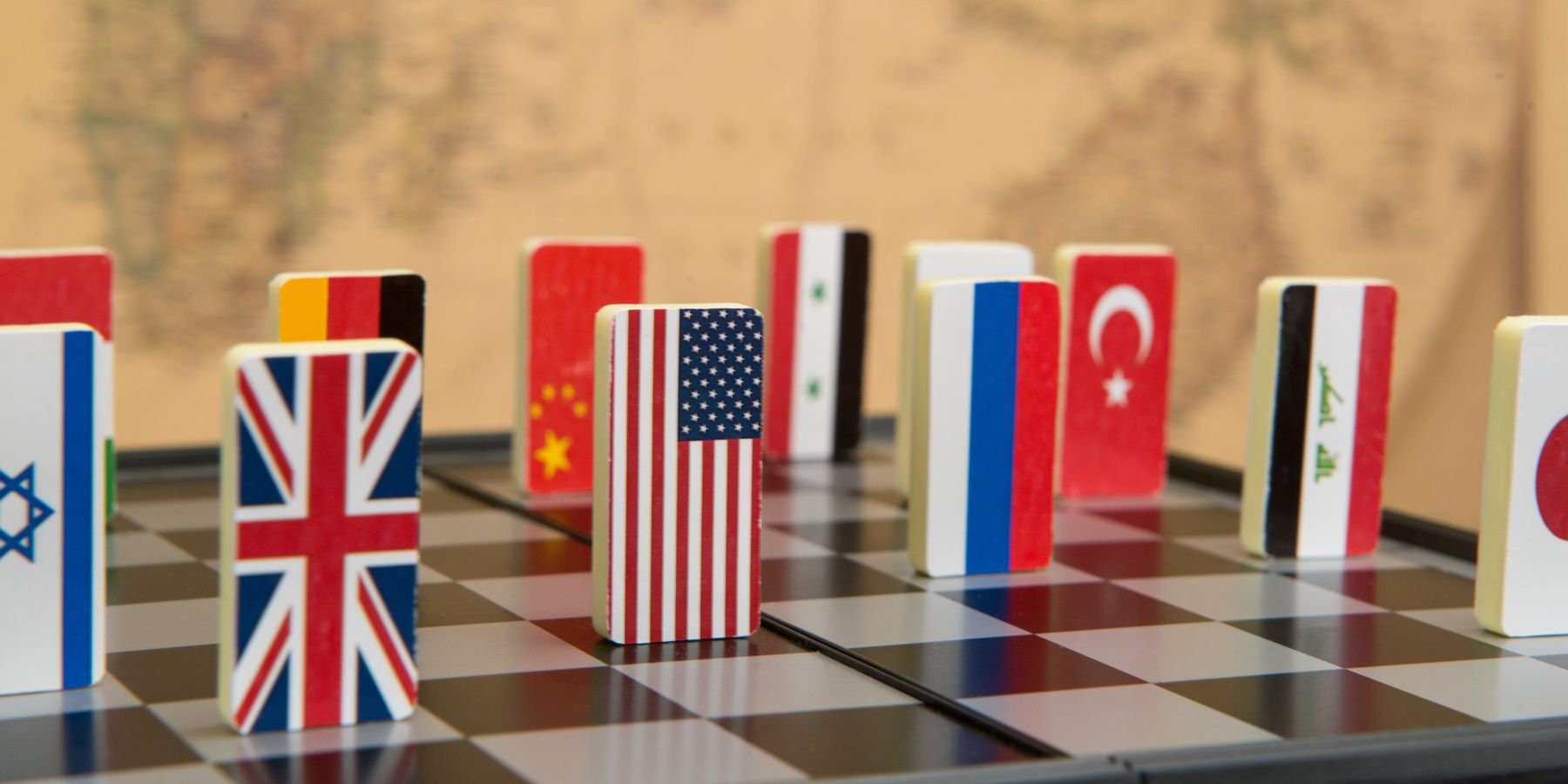The United States has been at risk for some time of overestimating its influence internationally by clinging to experiences from the past.
In the immediate aftermath of World War II and following the implosion of the Soviet Union, Washington exercised virtually unchecked power and influence due to circumstances that no longer apply. Other powers decimated in WWII have recovered, and new powers have emerged. The return to a multipolar system is taking shape.
Conflating power and influence
Power and influence are related but not the same. Both are always relative and changing in the international environment.
In 2024, the U.S. continues to have the largest economy in terms of GDP in the world; China has risen to second place. The U.S. also maintains the strongest military, dwarfing its major competitors. Washington accounts for 40.5% of total global military spending and more than the next ten countries in order of military spending combined.
China accounts for 10% of the global total and Russia for 4.8%. The objective power advantage does not necessarily translate into influence, however, as seen in the growing number of challenges to U.S. pressure and preferences.
Challenges to US influence
The BRICS-plus summit, convened by Russian President Vladimir Putin last month in Kazan Russia is a recent example of the new reality. Instead of being a pariah and internationally isolated as Washington officials and pundits regularly assert, leaders of 36 countries from all parts of the globe convened to discuss an agenda that included the Russia-Ukraine war, the conflicts in the Middle East, and reducing dependence on the U.S. dollar. Multiple bilateral meetings were held on the sidelines. The Kazan Declaration was approved by all nine member states. .
Although it does not present a cohesive alternative to Western dominated international institutions, BRICS continues to attract new members since its establishment in 2006. The differences among existing and aspiring members are real. Nonetheless, participants coalesce around an interest in creating a new, more just world order than the one created and enforced since WWII
Other examples of declining U.S. influence are found in Washington’s “backyard” as well as places on the other side of the globe.
Venezuelan President Nicolas Maduro flouted Washington’s warnings about unfair elections and Israel’s Netanyahu disregards the Biden administration’s admonitions to adhere to international law in its war in Gaza, the West Bank, and Lebanon.
Countries that Washington regards as partners, such as India, carry on substantial trade with Russia and Iran despite increasingly harsh Western sanctions regimes against both. Courted by the U.S., Indonesia held its first joint military exercises with Russia just this month; and Arab States resist pressure from Washington to criticize the Houthis.
In an intriguing flight of fancy, Washington has called upon China to use its influence on Russia and North Korea to prevent escalation of the war in Ukraine while at the same time blasting China’s military buildup in the South China Sea, sending U.S. warships to the region and imposing multiple sanctions and economic trade barriers on the country.
A primary motivator for countries to challenge the U.S. is Washington’s tarnished image, which together with the disadvantages imposed on the non-Western world by the existing world order, drive the search for new international rules and norms.
Struggling with the new reality
Official Washington is struggling to adapt to the new reality. Often dismissing the importance of BRICS and other challenges, U.S. leaders, regardless of party, continue to assume an indispensable and preeminent role for themselves in the world, projecting interests and foreign policy objectives often in binary terms — good vs. evil, right vs. wrong, truth vs. lies — while ignoring a reality composed of many shades of gray.
BRICS attendees are illustrative of a non-binary world. Some like Russia, China and Iran have an adversarial relationship with the U.S.; others, including India, Brazil and new partnerIndonesia, want good relations with Russia, China as well as the U.S.. Their interests require eschewing alignment in major power conflicts, similar to the Non-Aligned Movement (NAM), established in 1961 by India and Yugoslavia and active today with some 120 members.
Historically, major powers have always struggled when their power declined. The path is seldom unilinear, and conflicts were often the result. To minimize the risk, Washington must abandon the binary lens through which it views international relations and instead recognize the preference among many countries for diversified security, economic and political partners.
Put simply, a country should be able to maintain good relations with the U.S., Russia, and China, for example. In a revival of non-aligned principles, countries will hedge their bets and practice a la carte partnerships based on circumstances and specific issues of concern.
Increasing risks in the Trump world
At first glance, it may appear that the newly elected Trump administration will accept and adjust to declining U.S. influence because of its focus on domestic change under an America First agenda. More likely, however, Trump and his team will pursue the illusion of U.S. influence while accelerating its decline.
Pew surveys of international trust in U.S. leaders show that confidence in Trump during his last term in office plunged to an all-time low of 23-31% compared to 74% confidence in Obama during his first term in office. Although trust in Biden recovered somewhat to a median of 43% the trend over the last eight years tracks with an overall decline in U.S. influence.
So far, the president-elect’s well-known hubris, and that of his anticipated national security circle, do not bode well for a graceful adjustment to a multipolar world, his own transactional proclivities notwithstanding. The question will be whether the realities of this new world will help push him toward a more nuanced foreign policy — being that he already has relations with some of the key characters (the leaders of Russia, India, China, Turkey to name a few) rather an exacerbating a world of “strategic instability and a new era of contested power.”
















